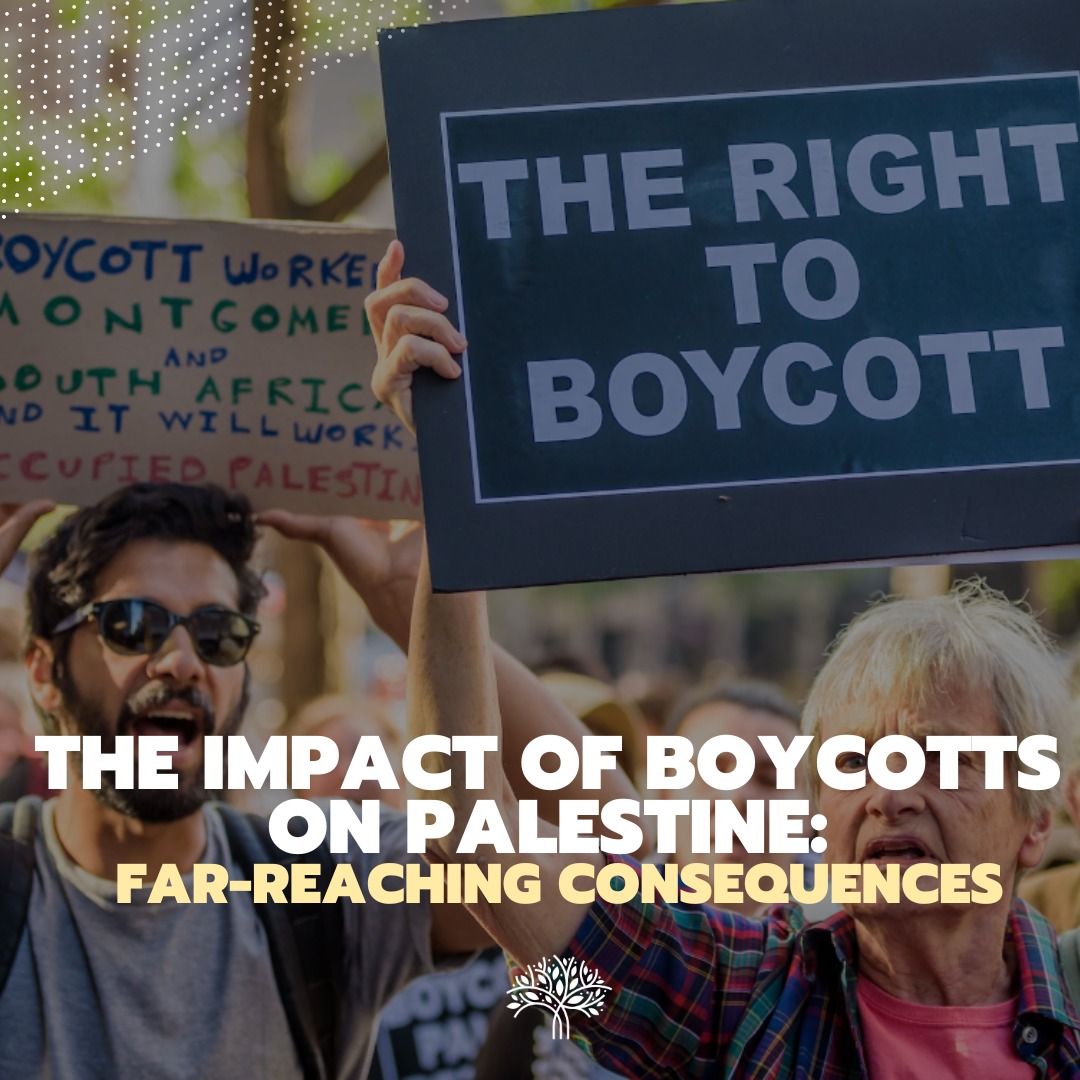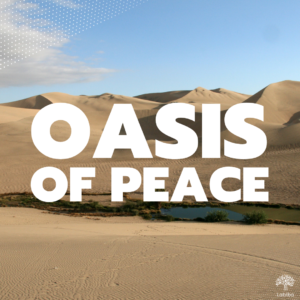By Majd Salfity
Boycotts have long been used as a strategy to confront structural injustices and, in the case of Palestine, as a worldwide symbol of solidarity.
Initiated in 2005, the Boycott, Divestment, and Sanctions (BDS) movement promotes boycotting Israeli products, educational institutions, and cultural events associated with the occupation to put pressure on Israel to respect international law. Drawing inspiration from historical movements like the anti-apartheid campaign in South Africa, the BDS movement has become a rallying cry for justice and human rights in Palestine, earning widespread support from activists and organizations globally.
The economic impact
Economically, boycotts target industries that support Israeli settlements in occupied territories, but their ripple effects also touch Palestinian businesses and workers. For instance, competition from settlement goods and limited market access create significant challenges for Palestinian olive oil producers, one of the country’s major exports. Additionally, restrictions on movement and trade further complicate the situation.
To overcome these hurdles, international solidarity campaigns and fair-trade initiatives have helped promote Palestinian goods globally, offering vital support to small-scale producers. Products like Palestinian olive oil, handmade ceramics, and embroidered textiles are gaining recognition as symbols of resilience and cultural pride.
The cultural impact
Culturally, boycotts have been an effective tool for raising global awareness about the Palestinian struggle. International musicians, filmmakers, and other artists have canceled performances or withdrawn from events in Israel to show solidarity with Palestinians. These actions often attract global media attention and spark discussions about cultural accountability.
However, critics argue that cultural isolation may hinder opportunities for dialogue and mutual understanding. Meanwhile, proponents of cultural boycotts see them as necessary to challenge the normalization of the occupation. For many Palestinians, these cancellations serve as symbolic victories that affirm their fight for justice and human rights.
Implications and complications
Boycotts also affect the Palestinian society locally. While many view them as essential tools to amplify their voices globally, others worry about the potential for unintended negative economic impact. Palestinians employed in Israeli businesses targeted by boycotts often face job insecurity, which complicates their ability to support their families.
To address these challenges, initiatives like the “Made in Palestine” campaign are working to strengthen local economies by promoting self-reliance and reducing dependence on Israeli markets. These efforts highlight the importance of sustainable alternatives and community-based economic empowerment.
As movements like BDS gain traction, their broader implications underscore the necessity of balancing advocacy with practical support for Palestinian communities. While boycotts have successfully drawn attention to systemic injustices and inspired global solidarity, they also expose the need for policies that mitigate harm to Palestinian workers and businesses.
Empowering Palestinian communities to create sustainable economies and preserve their cultural identity must remain a priority. Consumers and global citizens can contribute by supporting ethical consumption practices, championing Palestinian products, and fostering informed dialogue about justice in the region (Mondoweiss, 2023).




